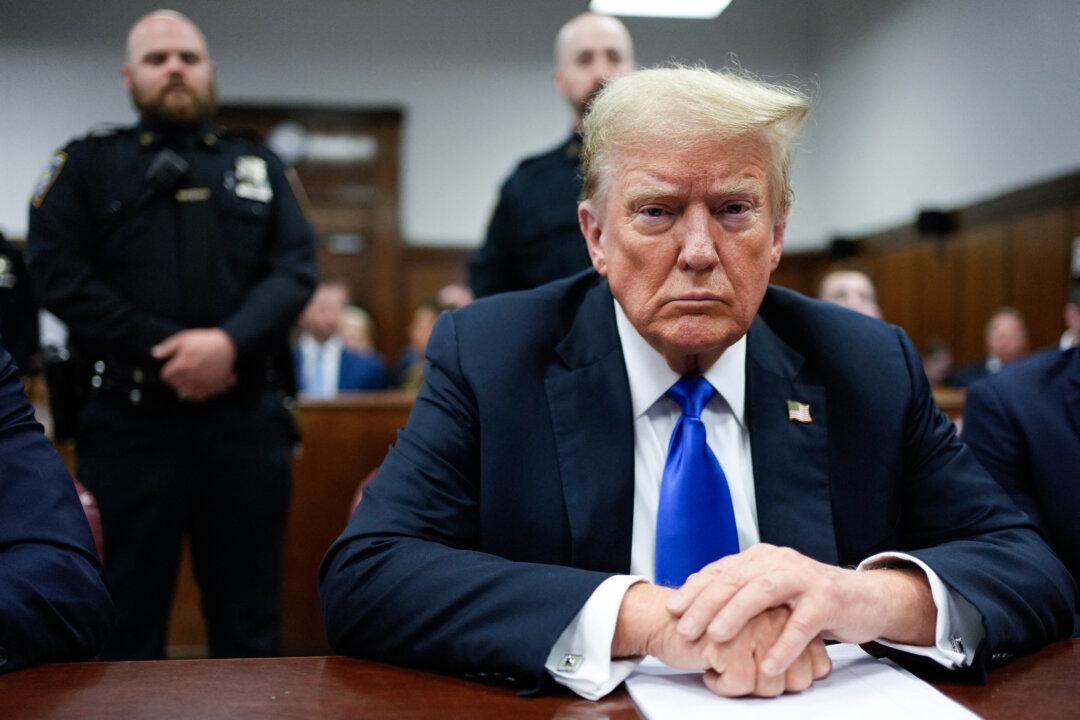Former President Donald Trump’s attorneys have asked the judge overseeing his business records falsification case in New York to postpone the former president’s sentencing from the end of September until after the November election.
Trump attorneys wrote in an Aug. 14 letter to Judge Juan Merchan that the former president’s sentencing, scheduled for Sept. 18, should be delayed until after the Nov. 5 presidential election, citing concerns over fairness, political implications, and ongoing legal challenges.





